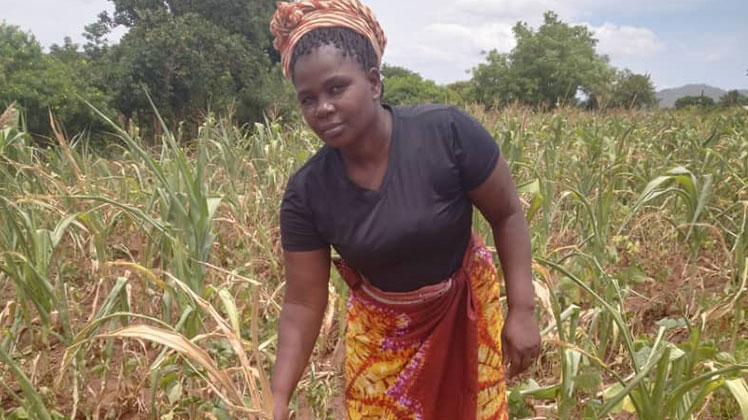Policies limit climate resilience
 Partial narratives that underpin policymaking prevent people in arid regions from fulfilling their potential to provide food and sustain resilient livelihoods in a changing climate.
Partial narratives that underpin policymaking prevent people in arid regions from fulfilling their potential to provide food and sustain resilient livelihoods in a changing climate.
This is among the conclusions of an international study whose partners recently released a series of policy briefs that identify flaws in policy narratives in the Indian, Chinese, Kenyan and global contexts.
The new research was coordinated by the International Institute for Environment and Development (IIED) with funding from the Ford Foundation.
“Policymakers often dismiss the world’s dry lands as fragile ecosystems where highly variable, unpredictable and scattered rainfall is seen as fundamental constraint to food production that compels local people to over-farm or over-graze their land, thereby exacerbating scarcity and degradation, further reducing productivity and inducing desertification, conflict and migration,” said IIED’s Ced Hesse. “But this ignores both the dynamics of dry land ecosystems and how dry land communities have long learnt how to live with and harness this variability to support sustainable and productive economies, societies and ecosystems”.
One of the authors of the briefing papers, Saverio Krätli, said narratives that underpin global policymaking on agricultural development are necessary simplifications.
“However, such simplifications currently hide a fundamental alternative in the way of using unpredictably variable environments for food production: one in which people operate with variability rather than against it, adapt and turn variability into a valuable resource rather than resist and suffer it as a costly disturbance. We are learning this from pastoral systems developed to operate in highly variable environments. In times of globalised weather volatility this is no lesson to be missed,” Krätli said.—IIED





